The CISO stepped into a new role in a new company. It was time for him to strategically plan what kinds of first impressions he was going to make.
In this new role, he needed to develop a strategy for managing up, across and down. The first group that needed his attention was the team he inherited. He had not hired anybody on his team. Each team member was in place when he arrived.
The last CISO’s performance left many people on the team sitting on the fence. Would they stay or would they go? They were all waiting to see how their new boss would be the same or how he might be different from their last boss.
Fortunately for the CISO, his strategic plan was far more of a plan than the plan most CISOs carry with them to a new employer. His plan looked like this.
· He worked with Jeff Snyder at Jeff Snyder Coaching to become super-clear about his own Strengths and just as clear about the areas where he might need help. Through Jeff’s Strengths Coaching, the CISO knew exactly and precisely what he had potential to be great at and where he needed to delegate.
· Not knowing anything about the team he inherited, he had each person on his team take a StrengthsFinder assessment to gain an instant understanding of how each of his team members was uniquely wired.
· The CISO worked with Jeff Snyder to gain an understanding of how his unique strengths would work well with his team member’s unique strengths. Just as important, the CISO wasted no time in discovering how his unique strengths might clash with some of his team member’s unique strengths.
· Now that the CISO understood how he was wired and how each of his team members was uniquely wired, he immediately scheduled one-on-one time with each member of his team. This was the smartest move he could have possibly made because the last CISO rarely invested time to communicate. Immediately, the CISO moved the fence sitters to a point where they decided to stick around to find out what the new CISO was all about. Instead of guessing as to which team member to delegate to, he delegated with a well-thought-out plan and immediately empowered people on his team.
· Over time, the CISO worked with each team member to put each person in the right position…a position that aligned best with each team member’s natural strengths.
· The CISO retained every team member he wanted to retain. For those who were not in the right positions and an appropriate role could not be created, the CISO helped each person who needed to find a new job to do so without them having to worry about repercussions.
· The CISO did everything he possibly could to engage with each and every member of the team he inherited. He got the right people in the right seats so everyone could deliver their best performance.
Jeff Snyder Coaching




















